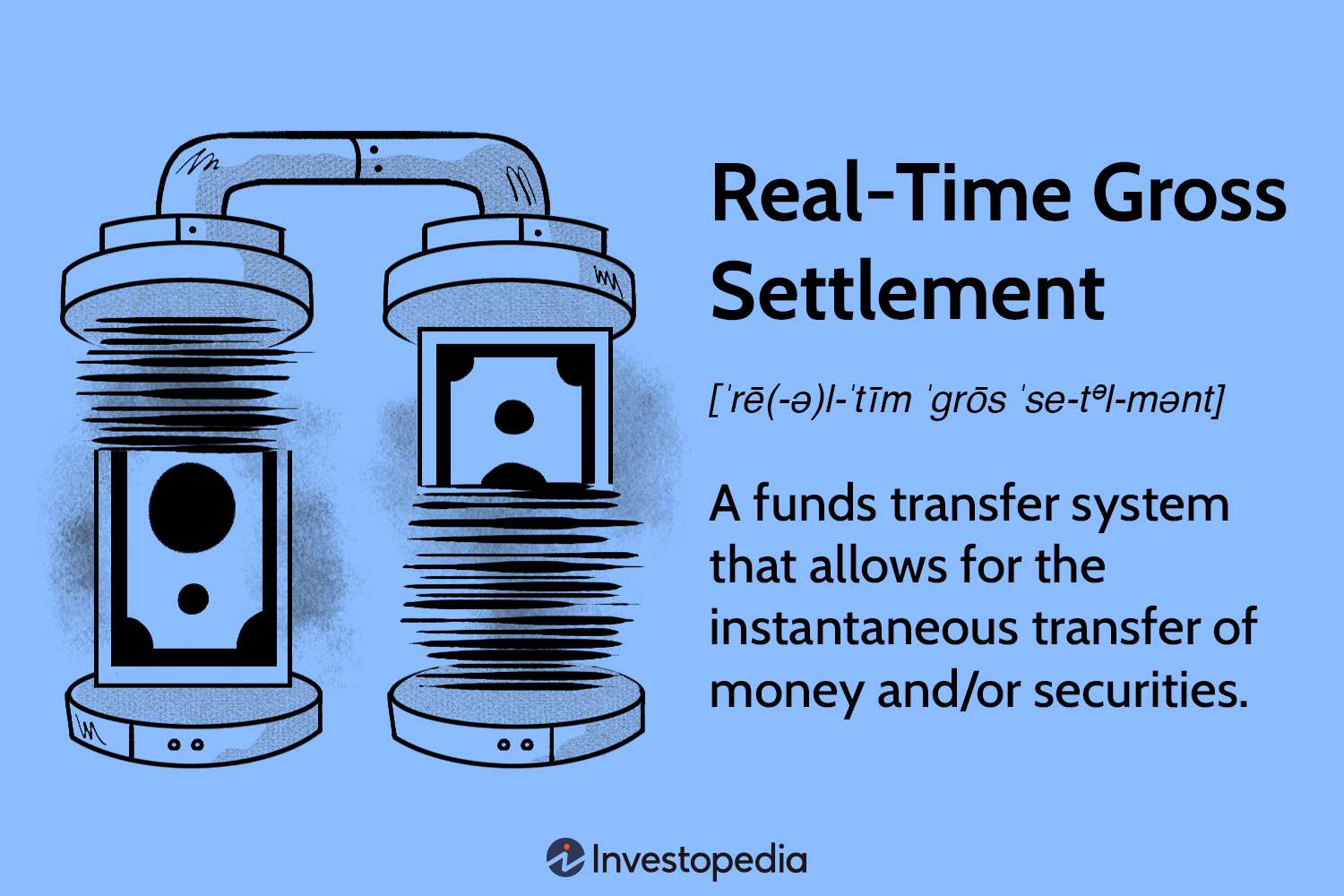#QuickbiteCompliance day 210
🚨 How Criminals Exploit “Instant Money Transfers” (RTGS) – And How to Stop Them 💸🔍
Imagine sending cash to a friend, and it arrives instantly—no waiting, no delays. That’s the power of Real-Time Gross Settlement (RTGS), the system banks use for large, urgent transfers. But while RTGS makes business faster, criminals love it too. Here’s why:
### How Bad Guys Abuse RTGS
1️⃣ Speed = Less Time to Catch Them – Once money moves, it’s hard to reverse. Scammers use RTGS to quickly drain accounts before banks detect fraud.
2️⃣ Layering Dirty Money – Criminals split illegal cash into multiple RTGS transfers to hide its origin (a trick called money laundering).
3️⃣ Fake Invoices & Trade Scams – A corrupt business sends an RTGS payment for “goods” that don’t exist—then vanishes.
Real-Life Example:
A cybercriminal hacks a company’s email, sends a fake invoice via RTGS, and steals $1 million in seconds. By the time the victim notices, the money is already offshore.
### How Do We Fight Back?
✅ AI & Smarter Monitoring – Tools like #InclusiveRegtech flag suspicious RTGS transfers in real time.
✅ Open-Source AML – Shared intelligence helps banks spot criminal patterns faster (#OpenSourceAML).
✅ Stricter Verification – Confirming who’s REALLY behind big instant payments.
RTGS isn’t bad—it’s essential for global business. But without safeguards, criminals will keep exploiting it. Let’s make finance fast AND safe! 🛡️
📖 Learn more: [ACAMS Glossary – RTGS](https://www.acams.org/en/resources/aml-glossary-of-terms)
#FinancialCrime #AML #FraudPrevention #CyberSecurity #100HariNulis #RegTech

